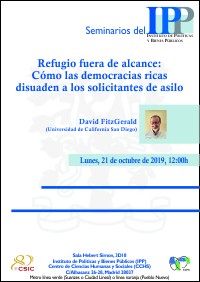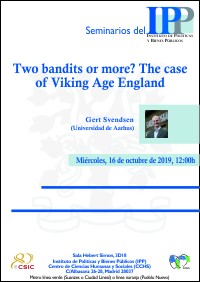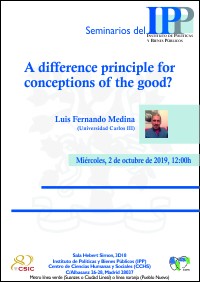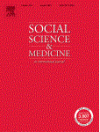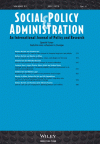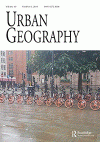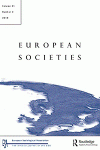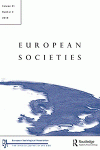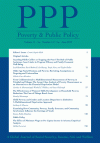Cruz-Martínez, G (2019) "Rethinking universalism: Older-age international migrants and social pensions in Latin America and the Caribbean", Global Social Policy. First Published September 14, 2019.
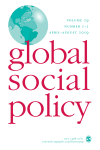
Abstract. This article criticises the social policy literature for equating universalism to the universal coverage of citizens. The current so-called ‘universal’ social protection systems guarantee social citizen rights, while the revisited truly universalism guarantees social human rights for everyone. Crisp-set qualitative comparative analysis (csQCA) is used to map and track the level of exclusiveness or inclusiveness into social pensions in the existing 30 social pension programmes on 28 Latin American and Caribbean (LAC) countries.



